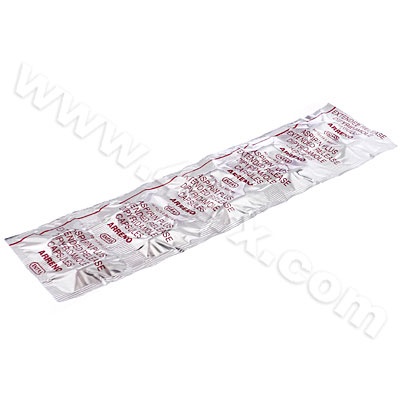 |
Home  Pain Pain  Arreno (Aspirin/Dipyridamole) Arreno (Aspirin/Dipyridamole) |
|
|||||||||
|
Arreno (Aspirin/Dipyridamole)
What is Arreno (Aspirin/Dipyridamole) used for? Arreno (Aspirin/Dipyridamole) is a type of drug known as an antiplatelet agent, which works by preventing excess blood clots, which may get lodged in the brain and cause an ischemic stroke. It is commonly prescribed to patients who have suffered from a stroke caused by a blood clot, and who are at risk of another stroke occurring. This drug contains a very low quantity of aspirin, and an extended release form of dipyridamole. How should I use Arreno (Aspirin/Dipyridamole)? Arreno (Aspirin/Dipyridamole) combines aspirin and extended release dipyridamole into one capsule, which should be swallowed whole. Patients are sometimes told to take it twice per day, with one capsule being taken in the morning, and another capsule in the evening. It is important for patients to know that while this medication can reduce the risk of a stroke, it will not eliminate it. You should continue taking this drug, even if you feel better. Do not discontinue taking this medication without first consulting your physician. What are the side effects of Arreno (Aspirin/Dipyridamole)? Some side effects of Arreno (Aspirin/Dipyridamole) include:
This drug may also cause more serious side effects. You should immediately consult your physician if you notice a ringing noise in the ears, fever, sweating or any other more serious side effects. Please Note Strictly follow all instructions provided to you by your physician or pharmacist while using Arreno (Aspirin/Dipyridamole). Optimum and safe dosage can differ based on the patient and the condition being treated. As this medication may be unsafe for certain patients, it is essential you always inform your physician if you are pregnant or breastfeeding, as well as if you have any allergies, other illnesses, or ongoing health conditions, and if you are taking any other form of medication, supplements, or herbal products. Immediately seek emergency medical care if you have any allergic or hypersensitive reaction. Common signs of a reaction include hives, swelling, skin rashes, chest pains, as well as trouble breathing or swallowing. 

|
|||||||||||||||||